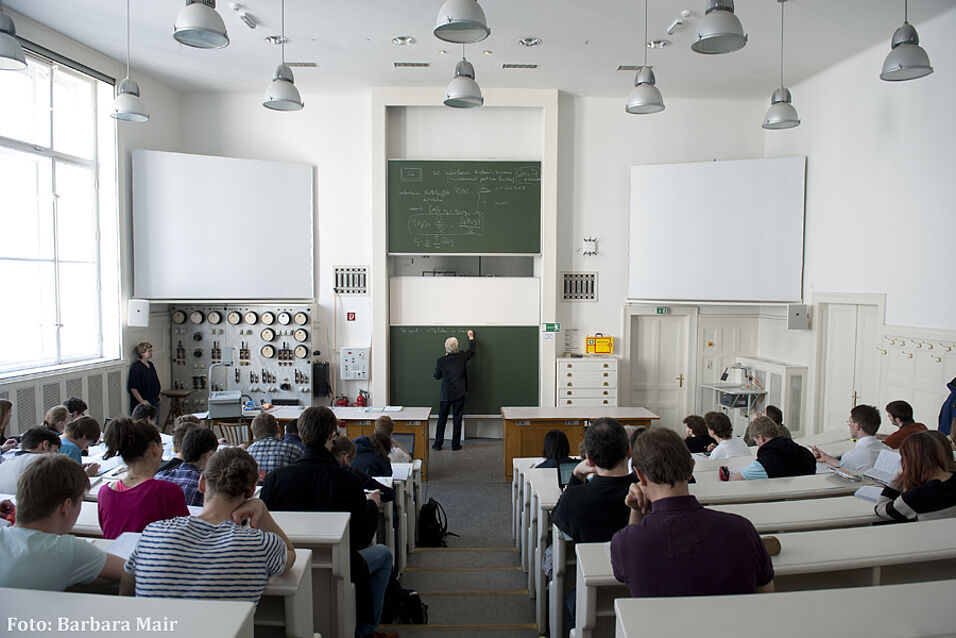Magnetic properties of micro- and nanoscale objects, are currently a topic of intensive research. Their investigation requires the development of appropriate tools, e.g. for detection of the magnetization reversal of individual magnetic nanoparticles (MNPs) or for imaging magnetic field profiles on the nanoscale. Promising candidates for this task are strongly miniaturized superconducting quantum interference devices (SQUIDs) – so-called nanoSQUIDs. A SQUID consists of a superconducting loop, intersected by one or two weak links (Josephson junctions). SQUIDs are the most sensitive detectors for magnetic flux, and their sensitivity improves with shrinking size (inductance of the SQUID loop). As they enable direct detection of magnetization changes in small spin systems, that are placed close to the SQUID loop, nanoSQUIDs are very promising sensors for nanoscale applications. Moreover, if miniaturized SQUIDs can be brought in close vicinity to sample surfaces, they enable magnetic scanning probe microscopy on the nanoscale [1,2].
In this talk, I will review recent progress in the development and application of nanoSQUIDs, and I will present our approaches for developing sensitive Nb and YBa2Cu3O7 (YBCO) nanoSQUIDs, which can be used for continuous measurements of magnetization loops of single MNPs in intermediate and strong magnetic fields up to the tesla range. Moreover, I will discuss recent developments in using nanoSQUIDs for scanning SQUID microscopy.
References
[1] C. Granata and A. Vettoliere, Physics Reports 614, 1-69 (2016).
[2] M. J. Martínez-Pérez and D. Koelle, Phys. Sci. Rev. 2, 20175001 (2017).
Dieter Koelle (Tübingen): NanoSQUIDs for sensing magnetic fields on the nanoscale
Location:
Verwandte Dateien
- Koelle_2023-04-14.pdf 158 KB

Foto: Barbara Mair
